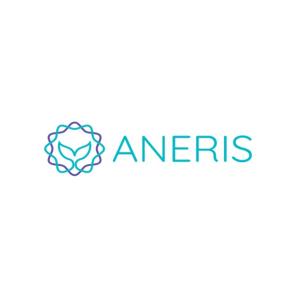 \
&
Contact us
\
&
Contact us
 \
&
Contact us
\
&
Contact us
Published on | 3 years ago
ProgrammesThe European Commission has opened a call for tender for the Procurement of the Technical Specifications for the Local Digital Twins (LDTs) Toolbox.
The aim of this procurement is to define the technical specifications of this Local Digital Twin (LDT) Toolbox. Economic operators interested in this call are invited to submit a tender via the electronic submission system (e-Submission) available from the TED e-Tendering website.
In order to propose the technical specifications of the LDT toolbox to be later developed and deployed (see DIGITAL workprogramme 2021-2022, section 2.2.1.2.3), this procurement needs to:
The reason for purchasing this work is to make the best possible set of tools and their technical specs for the toolbox procurement, prepared by a relevant consortium, given that this expertise is not easily available in house.
Economic operators interested in this call are invited to submit a tender via the electronic submission system (e-Submission) available from the TED e-Tendering website:
Tenders are to be submitted via the electronic submission system on the TED e-tendering website
Deadline for submissions: 27/12/2022 (16h00 CET)
We offer news and event updates, covering all domains and topics of Horizon Europe, Digital Europe & EDF (and occasionally, for ongoing projects, Horizon 2020).
Stay informed about what matters to you.
By signing up, you can opt in for e-mail notifications and get access to
a personalised dashboard that groups all news updates and event announcements in your domain(s).
Only for stakeholders located in Flanders
Security Digital, Industry & Space Cybersecurity
On 28 January 2026, the SECURE project has launched a first round of financial support measures to help small businesses achieve compliance with new cybersecurity requirements for their hardware and software products. This will allow micro, small and medium enterprises (MSMEs) to request co-funding to strengthen the cybersecurity of their hardware... read more

Funded under Horizon Europe (HORIZON-INFRA-2022-TECH-01) and running from 2023 to 2026, the ANERIS project aims to tackle the rapid loss of ocean biodiversity. The project’s main objective is to develop, test and implement the next generation of scientific instrumentation tools and methods for sensing and monitoring marine-life. Another key concept of the project is the introduction of the concept of Operational Marine Biology (OMB) as a biodiversity information system. The project consortium consists of 25 partners from 13 countries. Read more about the project and the contribution of Flemish partner VLIZ in this testimonial.